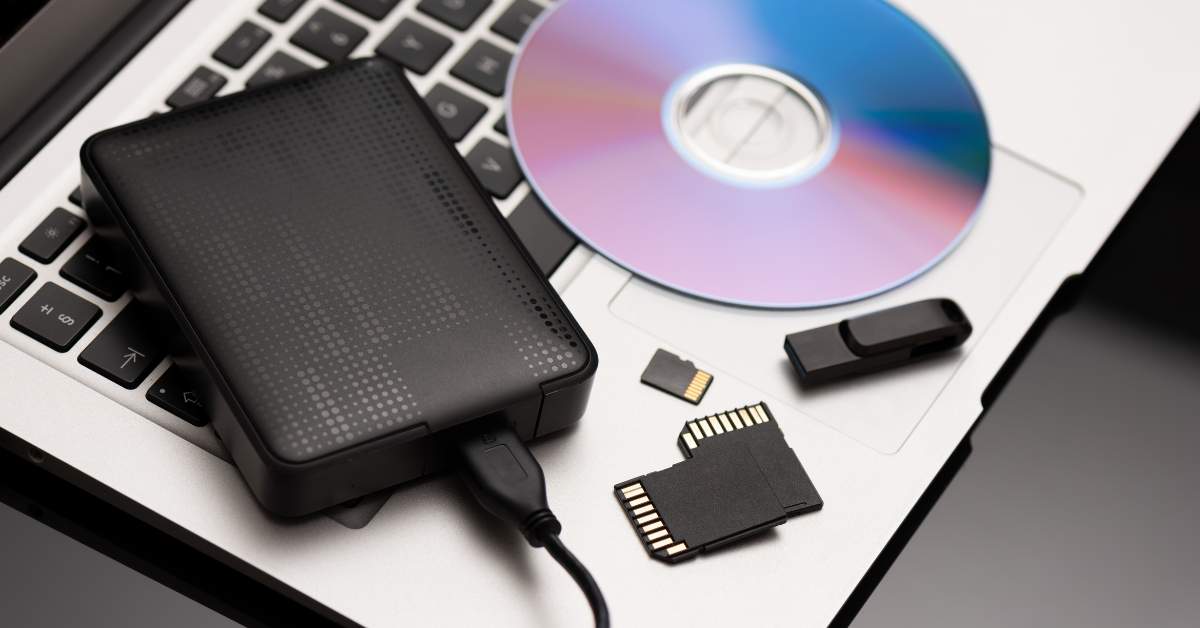In today’s digital-first world, every photo, video, and app you download takes up storage space. But have you ever stopped and wondered: Which is bigger MB or GB? If you’ve struggled to figure out how megabytes (MB) and gigabytes (GB) compare, you’re not alone. These storage units often confuse people when buying smartphones, laptops, or even cloud storage plans.
This comprehensive guide explains the differences between MB and GB, provides easy conversions, and even shows you how much data each can actually hold in real life. Let’s dive in!
Table of Contents
Why Understanding MB vs. GB Matters in 2025
Imagine shopping for a new iPhone, and you’re offered 128 GB storage vs. 64 GB storage. Or maybe you’re comparing cloud plans that give 50 GB free space. To make smart decisions, you need to know how storage units like MB and GB work.
For U.S. consumers in 2025, where streaming, 4K video, and gaming dominate, understanding the difference between MB and GB is essential.
The Basics: From Bits to Bytes
Before we get to MB and GB, let’s start small:
- Bit (b): The smallest unit of digital data. It’s either 0 or 1.
- Byte (B): 1 Byte = 8 Bits. Think of this as a single character in text, like the letter “A.”
- Kilobyte (KB): 1 KB = 1024 Bytes. About the size of a short text message.
This stepping stone takes us to megabytes and gigabytes.
Understanding Megabytes (MB): Everyday Usage
- 1 MB = 1024 KB = 1,048,576 Bytes
- Common usage examples in the U.S.:
- A selfie or HD photo = 3–5 MB
- A 3-minute MP3 song = 10 MB
- A short PDF eBook = 1–2 MB
So, when you download 100 photos, you might be using 400–500 MB.
Gigabytes (GB): The Next Level
- 1 GB = 1024 MB ≈ 1 Billion Bytes
- Everyday examples:
- 1 hour of HD Netflix streaming = 3 GB
- A 2-hour 4K movie = 10–15 GB
- Call of Duty game download = 100+ GB
Most modern smartphones in the U.S. come with 128 GB or 256 GB storage, meaning they can hold tens of thousands of photos or hundreds of movies.
Which is Bigger MB or GB?
Here’s the simple answer:
👉 A gigabyte (GB) is bigger than a megabyte (MB).
- 1 GB = 1024 MB
- Therefore, a GB can hold over a thousand times more information than an MB.
Think of MB as a single slice of pizza, while GB is the entire pizza box.
Beyond GB: TB, PB, and More
For heavy data users like companies, hospitals, or YouTube:
- 1 Terabyte (TB) = 1024 GB
- 1 Petabyte (PB) = 1024 TB
- A PB could hold 1 million HD movies!
Cloud storage providers like Google Drive and iCloud now offer TB plans to meet these growing needs.
Conversion Table: Quick Storage Reference
| Unit | Equivalent To | Real-Life Example (2025) |
|---|---|---|
| 1 Bit | 0 or 1 | Smallest data unit |
| 1 Byte | 8 Bits | One character (A, B, C) |
| 1 KB | 1024 Bytes | A short paragraph of text |
| 1 MB | 1024 KB | One photo or MP3 song |
| 1 GB | 1024 MB | 1 hour HD Netflix movie |
| 1 TB | 1024 GB | 250 full-length movies |
| 1 PB | 1024 TB | Millions of movies |
Why MB vs. GB Confuses People
In the U.S., storage manufacturers sometimes use decimal (1000) instead of binary (1024) conversions. This means your 500 GB hard drive might show up as 465 GB on your computer.
FAQs: Which is Bigger MB or GB?
1. Is MB bigger than GB?
No. GB is larger than MB.
2. How many MB are in 1 GB?
There are 1024 MB in 1 GB (binary system).
3. Why does my 128 GB phone only show 119 GB?
Because phone makers use decimal calculations (1000 MB = 1 GB), but operating systems use binary (1024 MB = 1 GB).
4. How many photos can 1 GB store?
About 250 photos (at 4 MB each).
5. How many movies can 500 GB hold?
Roughly 125 HD movies (at 4 GB each).
6. Which should I choose: MB or GB storage plans?
Always go with GB or TB for modern usage like streaming, gaming, and media storage.
Conclusion: Making Sense of MB and GB in 2025
So, which is bigger MB or GB? The clear winner is GB—it’s 1024 times larger than MB.
In 2025, where data-hungry apps, streaming, and 4K content rule, gigabytes are the true storage standard. MB still matters for small files like documents and images, but when buying devices or cloud storage, always think in gigabytes and terabytes.
👉 Armed with this knowledge, you’ll make smarter choices when upgrading your smartphone, choosing a laptop, or picking the right cloud storage plan.

